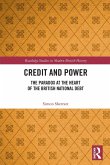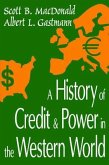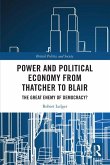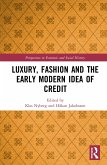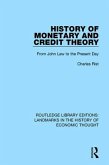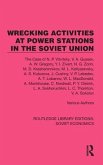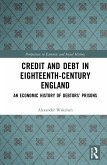This book reveals the surprising role that credit, money created ex nihilo by financiers, played in raising the British government's war loans between 1793 and 1815. Using often overlooked contemporary objections to the National Debt a startling paradox is revealed as it is shown how the government's ostensible creditors had, in fact, very little "real" money to lend and were instead often reliant for their own solvency upon the very government they were lending to. By following the careers of unsuccessful loan-contractors, who went bankrupt lending to the government, to the triumphant career of the House of Rothschild; who successfully "exported" the British system of war-financing abroad with the coming of peace, the symbiotic relationship that existed between the British government and their ostensible creditors is revealed. Also highlighted is the power granted to the (technically bankrupt) Bank of England over credit and the money supply, an unprecedented and highly influential development that filled many contemporaries with horror. This is a tale of bankruptcy, stock market manipulation, bribery and institutional corruption that continues to exert its influence today and will be of interest to anyone interested in government financing, debt and the origins of modern finance.
Hinweis: Dieser Artikel kann nur an eine deutsche Lieferadresse ausgeliefert werden.
Hinweis: Dieser Artikel kann nur an eine deutsche Lieferadresse ausgeliefert werden.


